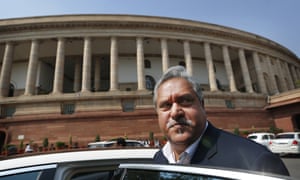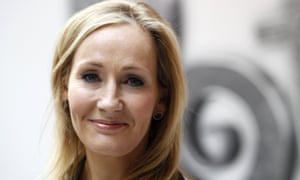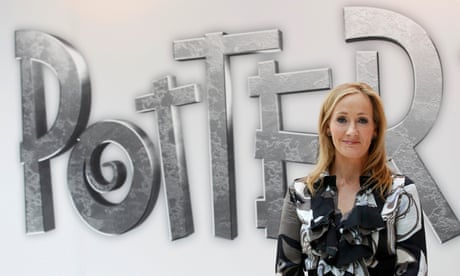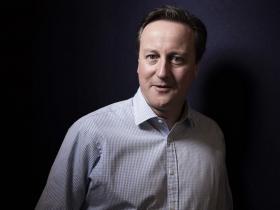Thousands of steelworkers’ jobs are threatened as Indian company Tata threatens to walk away from its loss-making business in the UK. The move is causing shockwaves over the health of Britain’s manufacturing industry; but it is also a strong indicator of changing political and economic winds in India.
When Tata Steel acquired the steel giant Corus in 2007, it generated some cheers in India, but also raised eyebrows. The cheers were loudest among those who saw this as a macho declaration of Indian corporate arrival on the global scene. The purchase by Tata Steel of a company that was four times larger than itself made it at a stroke the fifth largest steel producer in the world and the first Fortune 500 multinational company from India.
But there were concerns over both the timing and the price at which the purchase was made. To fend off a Brazilian rival, Tata had to pay a 70% premium over the stock price. This was hefty for a company already in financial trouble with a large debt burden. And Tata paid only $4bn (£2.8bn) of the estimated $14bn final price out of its own funds – the rest was borrowed, mainly from Indian public sector banks.
Why were taxpayer-funded banks so willing to lend to a big conglomerate to buy up an overpriced European company, even as they denied loans to Indian farmers and small-scale producers? The sense of reversal of colonial roles might well have played a role. The deal was lauded by politicians as a sign that Indian industry had come of age as a global player, and so prudent considerations were simply cast aside.
Repayment of those loans was supposed to be made out of the profits of Tata Steel Europe. But those profits never came. At the time of acquisition Corus made an annual profit of about $800m, but since then the company has shown only losses – despite numerous rounds of restructuring, job cuts, asset sales and “modernisation”. In the past six months the company has shed around 3,500 jobs in the UK, but the financial indicators look worse than ever. This could result from incompetent management, but it also reflects worsening global conditions.
In Europe steel demand has been falling continuously over recent years, and there is fierce competition as Chinese exporters lower prices to cope with their own massive over-capacity. No one in the world really expects much dynamism from the European economy in the coming years.
By contrast, Indian steel demand is still increasing, if slowly, and the Indian operations still make profits. Tata Steel is now hugely weighed down by the UK business, which also accounts for around a third of its total debt. The charm of owning a big British company may no longer be enough to compensate. Instead, the urge is to cut losses and move out of an area that does not look likely to generate profits anytime soon.
Maybe the company also hopes the mere threat of exit will make the British government react by providing more subsidies – a technique that has worked in the past in India and elsewhere.

‘The Indian businessman Vijay Mallya fled to the UK and is now ensconced in his mansion in a London suburb.’ Photograph: Saurabh Das/AP
But this episode could also reflect collateral damage from another corporate scandal currently enthralling India. The flashy liquor baron Vijay Mallya, whose company Kingfisher Airlines (named after the beer his other company produces) collapsed, was also a major beneficiary of largesse from Indian banks. He now has unpaid debts of about £730m that he’s failed to pay for several years. Since he is also an elected member of the upper house of parliament, voted in by the ruling Bharatiya Janata party, this has caused a political outcry.
When the supreme court of India indicted him for abuse of law and ordered him to pay up or face the consequences, Mallya fled to the UK and is now ensconced in his mansion in a London suburb. He has offered to pay just over half of what he owes in six months’ time, an offer yet to be accepted. But his story must have raised concerns within Tata and among other large Indian businesses with huge debt – that even if the government spares them, the Indian courts may not.
So for now, Indian corporate chiefs planning to invest in the UK are more likely to be looking at real estate, rather than at multinational businesses.











